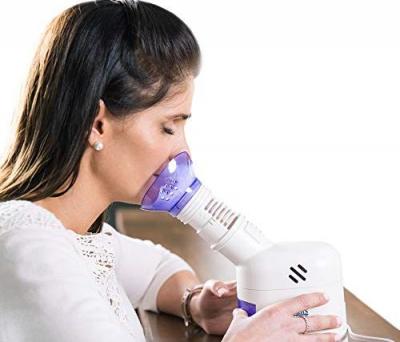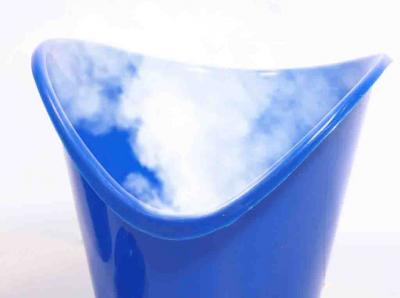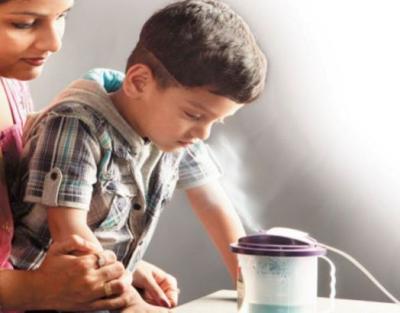COVID-19: Will steam inhalation save you from coronavirus infection
By Lokmat English Desk | Published: April 24, 2021 05:20 PM2021-04-24T17:20:00+5:302021-04-24T17:20:00+5:30

The COVID-19 pandemic has hit the world in the worst possible way with the number of cases increasing rapidly on a daily basis.

Amidst this, people are looking for ways to protect themselves from the deadly virus, and a claim is doing rounds on social media that says, steam inhalation can kill coronavirus.

But according to a news report by Reuters, Steam is not recommended as a treatment for the coronavirus by either the U.S. Centers for Disease Control and Prevention (CDC) or the World Health Organization (WHO).

A representative from the CDC previously told Reuters that he was not aware of any scientific studies that show steam therapy helps with the coronavirus.

Inhaling steam has been used as a home remedy for colds and upper respiratory tract infections. But scientific studies have found that it has few proven benefits, and can cause serious adverse side effects like burn injuries.

“The usual technique of covering the head with a towel over a pan filled with hot water is dangerous due to the steam, the hot liquid, or even potential contact with the container”, a study from the Spanish Pediatrics Association warned.

Birmingham Children’s Hospital has reissued a warning about the risks associated with steam inhalation.

Even though steam inhalation won’t cure a deadly infection like COVID, it may help make you feel a lot better while your body fights it off.

According to Healthline, it may help ease feelings of irritation and swollen blood vessels in the nasal passages

The moisture may also help thin the mucus in your sinuses, which allows them to empty more easily. This can allow your breathing to return to normal, at least for a short period of time. Doctors around the world suggest that social distancing, wearing masks, washing hands, and sanitising hands at proper intervals are the only thing to fight with coronavirus.























